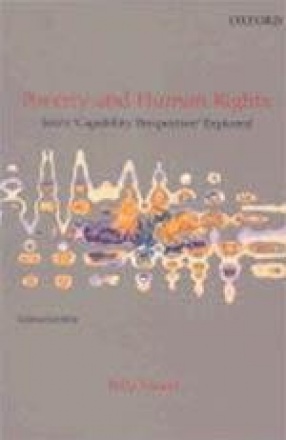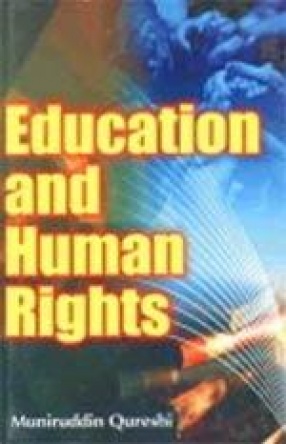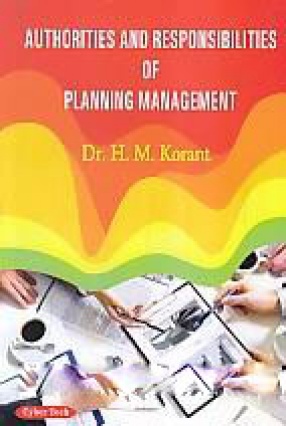The idea that freedom from poverty is a basic human right gives rise to moral and legal obligations of governments and other actors. This has received increased international attention in recent years. The recognition of poverty as a human rights issue is also increasingly reflected in the work of international organizations such as the United Nations Development Programme (UNDP), the United Nations Children’s Fund (UNICEF), and campaigning organizations such as Oxfam, human rights watch, and amnesty international. Poverty and Human Rights analyses the importance of the work of the Nobel Laureate Amartya Sen for contemporary debates about poverty and human rights. Bringing together perspectives from ethics, economics, and international law, Vizard provides an in-depth account of Sen’s contributions and examines the ways in which his work has promoted cross-fertilization and integration across traditional disciplinary divides. The author demonstrates that Sen has made a major contribution to the development of an ‘interdisciplinary bridge’ between human rights and theoretical and empirical economics, and to the establishment of poverty as a human rights issue. She exhibits that Sen’s work has deepened and expanded human rights discourse in important and influential ways. In ethics Sen has challenged the exclusion of poverty, hunger, and starvation from the characterization of fundamental freedoms and human rights. He also contributed to the development of a framework in which authoritatively recognized international standards in this field can be meaningfully conceptualized and coherently understood. In economics, Sen is shown to have set out a far-reaching critique of standard frameworks that fail to take account of fundamental freedoms and human rights. He moved the economics and human rights agenda forward by pioneering the development of new paradigms and approaches that focus on these concerns.
Poverty and Human Rights: Sen’s ‘Capability Perspective’ Explored
In stock
Free & Quick Delivery Worldwide
Bibliographic information
Title
Poverty and Human Rights: Sen’s ‘Capability Perspective’ Explored
Author
Edition
1st ed.
Publisher
ISBN
0195685520
Length
x+276p., Boxes.
Subjects





There are no reviews yet.